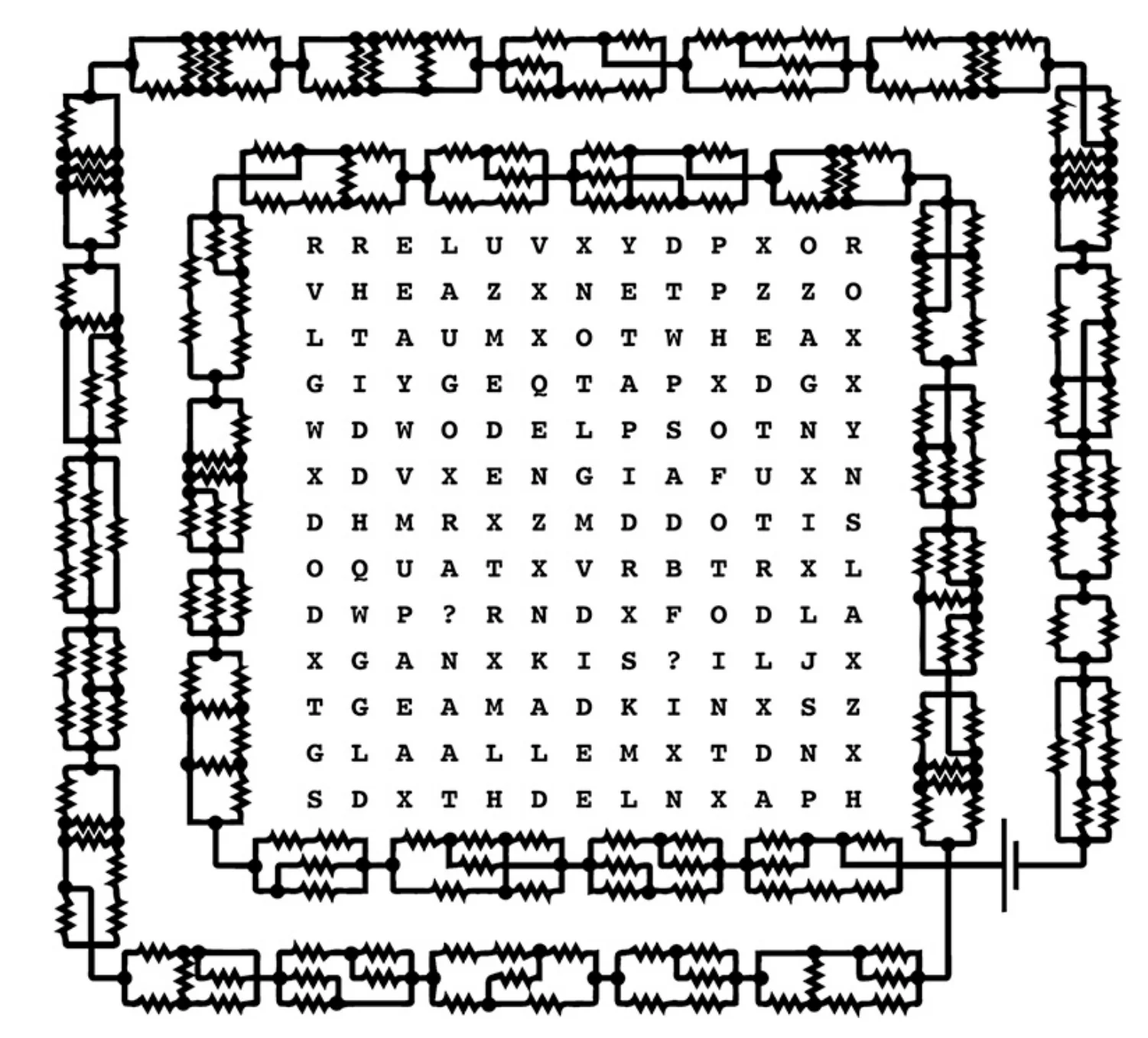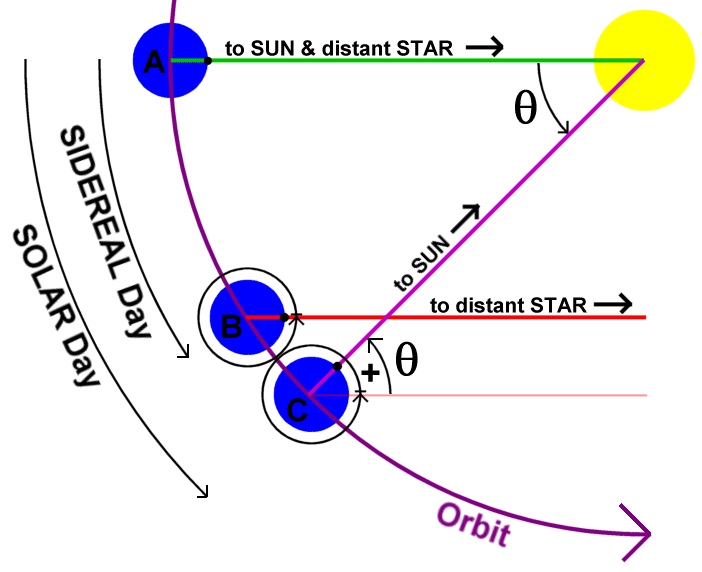The 13th is Usually a Friday
The 13th of a month is most likely to fall on a Friday. This is surprising because it feels like all of the days of the week should even out in the long run, but as usual in these sort of date oddities the reason lies in the existence of leap years. If there were no leap years then each year would be identical to the year before it but with each date moving to the next day of the week. So if your birthday was on a Monday one year it would be on a Tuesday next year (this is because the number 365 is 1 more than a multiple of 7). With no leap years this process would take 7 years to cycle around to the beginning with each date bearing each day of the week once.
Leap years make the day of the week skip to 2 days ahead, so a Monday birthday becomes a Wednesday birthday. Overall, with a leap year every 4 years we have a cycle of 28 years.
However, leap years are more subtle than that. More on that and other weird dates here. A year is leap if it is a multiple of 4, except if it is a multiple of 100, except if it is a multiple of 400. So 2100, 2200 and 2300 won't be leap years, but 2000 was. In each batch of 400 years we get 97 leap days because we miss 3 leap years. Conveniently this makes 400*365+97=146097 which happens to be a multiple of 7, so after 400 years everything loops back to where it started. Unfortunately, during that time the 3 missed leap years don't fall into the natural 28 year cycle and disrupt things. So if we start counting from the 1st January 2000, we have repeated 1 cycle after 28 years, another by 56 years and a third by 84 years, but before we can complete a fourth, we reach the year 2100 which sets us back a day from where we should be mid cycle.
If we count all of the days of the week counted in the total of the 400 years we get 20871 Mondays, 20871 Tuesdays and so on. There are exactly the same of each day by necessity. However if we pick a particular type of date, like the 13th of each month we get the following data:
| Name of Day | Frequency |
|---|---|
| Monday | 685 |
| Tuesday | 685 |
| Wednesday | 687 |
| Thursday | 684 |
| Friday | 688 |
| Saturday | 684 |
| Sunday | 687 |
As a result we get slightly more Fridays than the rest if the days, followed closely by Wednesday and Sunday.
As a side note, notice that in 400 years we get 400*12=4800 13ths of the months which is 685.714… so it was never going to be possible that there was an equal split of days of the week.
Notice that a consequence of this is that your birthday will have a preference for a certain day of the week.
Ever wondered why the days of the week are named in such a weird order (i.e. not the order that the planets that they are named after (in a Norse way) are in around the Sun)? Find out here.




